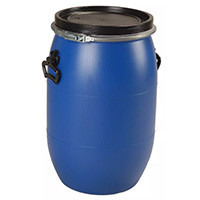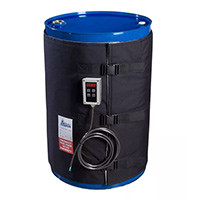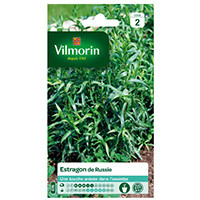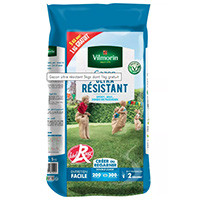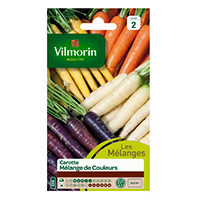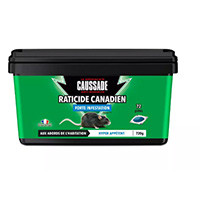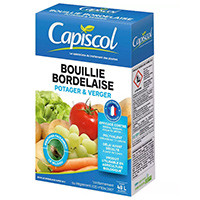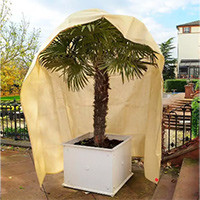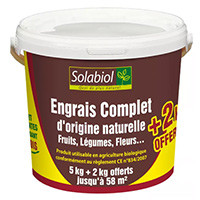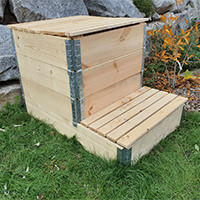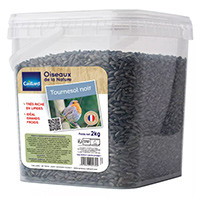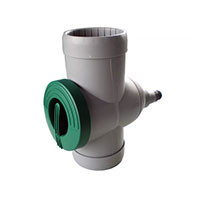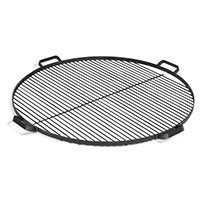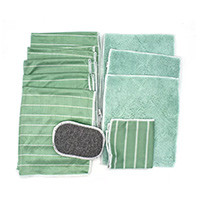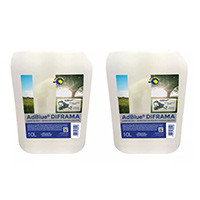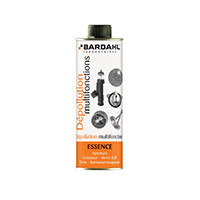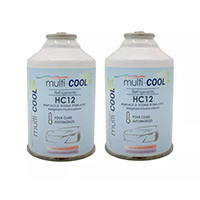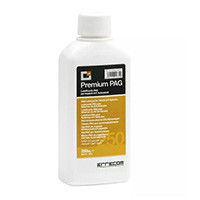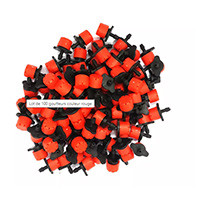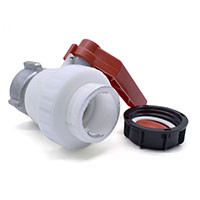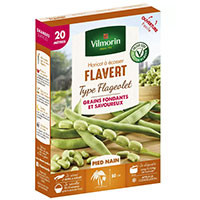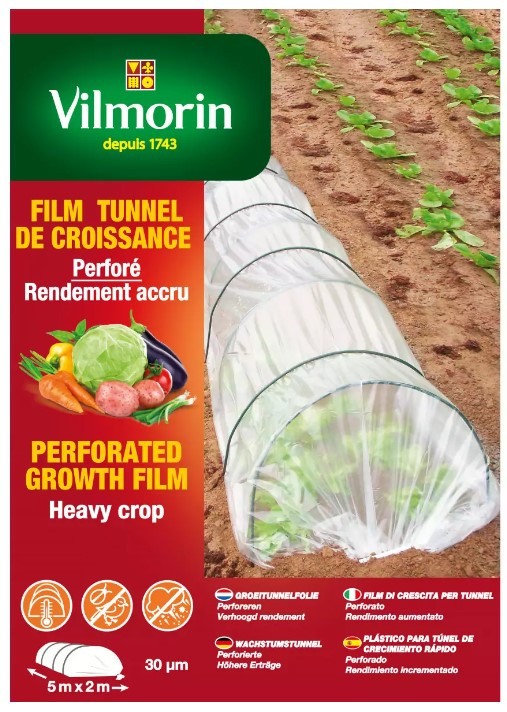
How to make an organic vegetable garden?
Categories : Advice
How to make an organic vegetable garden?
From the soil preparation to the natural fertilization through the cultivation of seeds and plants ... Discover our tips for a garden and grow your own organic vegetables.
What is an organic vegetable garden exactly?
The principles of organic farming can also apply to your own vegetable garden. They are based on a natural culture and respectful of the environment. Specifically, it is cultivating one's own vegetables without using chemicals, such as pesticides, herbicides and other artificial fertilizers.How to prepare your soil to make an organic vegetable garden?
First and foremost, it is essential to prepare the soil for your future organic vegetable garden. In practice, you must:
Clean your garden: remove weeds and other debris. Do not use weed killers! Weed by hand or with a tool to uproot the most recalcitrant plants;
Ventilate the soil of your garden: avoid using a spade that returns the soil in depth, mixes the different layers and thus destroys part of the fauna of your soil. Prefer a grelinette, a bio-fork or a fork.
How to fertilize without chemicals?
Soil fertilization provides nutrients necessary for the proper growth of your vegetables. It is needed on average, once a year. Several 100% organic solutions exist, namely:
Natural compost: you can make it yourself by using trash from the garden (mowing, branches, leaves, faded flowers ...), kitchen waste (peelings, spoiled fruits and vegetables, eggshells, bread. ..) and garbage from the house (paper towels, wood ash ...);
The "green manures": White mustard, clover, vetch, Phacelie ... Planted in your organic garden, these plants provide nutrients to the soil and your vegetables, aerate the soil and choke weeds;
Mulching: Cover your soil with a mulch made of organic matter. By decomposing, it fertilizes the soil.
Which vegetables to grow?
Once your garden is well prepared, you can go to the plantation. Some principles are to respect to make a vegetable garden:
Respect the seasonality of plantations and crops;
Respect the requirements of vegetable growth: type of preferred terrain and exposure (sun or shade);
Cultivate local varieties;
Consider good associations: some vegetables live better together than others. For example, do not hesitate to marry carrots and beans or strawberries and lettuce;
Encourage rotations of crops: this technique aims to alternate (from one year to another) different types of vegetables on the same plot, to preserve the richness of your soil.
How to protect your garden without polluting?
It is not always easy to protect your vegetables from pests or diseases. But organic solutions exist again, such as:
Plant repellent species: their powerful odor repels many parasitic insects;
Welcoming auxiliary insects: certain insects are essential to the life of the vegetable garden. For example, ladybugs eat aphids and bees pollinate your plants;
Plant "anti-disease" plants or vegetables: they prevent or reduce the occurrence of diseases. For example, basil is ideal against late blight tomato.
Other natural tips exist to protect your garden, do not hesitate to use them.
Share this content








